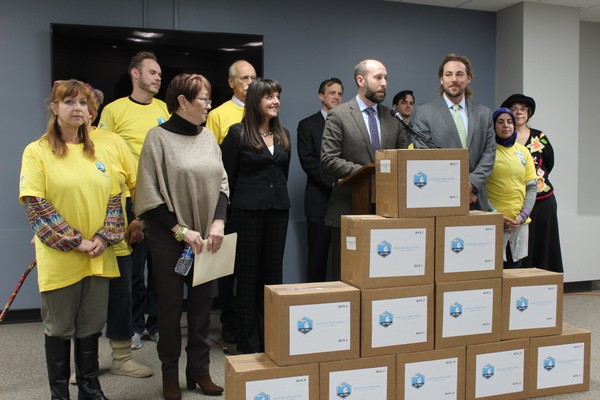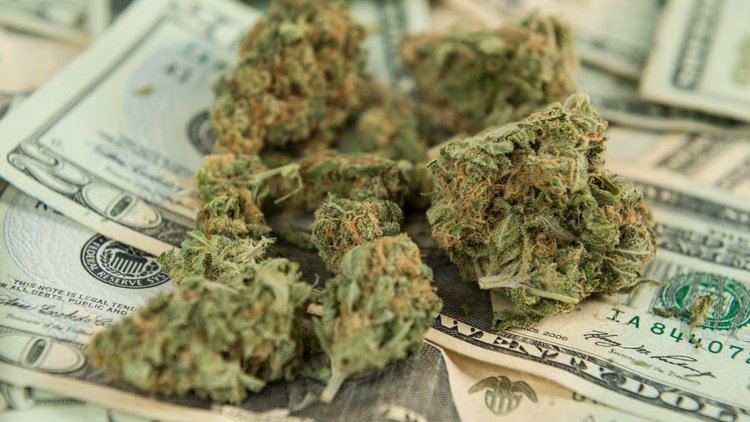NORTHAMPTON, Mass. (WWLP) – After months of indecision, lawmakers have finally agreed on how to tax recreational marijuana.
It’s not the 12 percent tax voters approved last November. But some residents think it could be enough to stop the black market in marijuana.
Lawmakers on Monday reached an agreement on re-writing the state’s recreational marijuana law. The original voter approved law called for a 12 percent total tax on retail pot sales.
It’s a split between proposals by both the House and Senate.
The House and Senate Conference Committee settled on a total tax of 20 percent. Their hope is a 20% tax could discourage illegal pot sales.
“Even though they may not like it, they’d rather buy it legally then have it go back to not being legal and then having to get into trouble with the law,” Christopher Lane of Greenfield told 22News.
The total 20% marijuana tax breaks down this way: 6.25% state sales tax, 10.75% excise tax, and an optional local tax of up to 3 percent.
Lawmakers also compromised on how towns can ban or restrict pot shops. Any municipality that approved recreational marijuana on the November ballot would be required to hold a city or town-wide referendum to ban pot shops.
In a community where the majority of voters rejected legalizing recreational marijuana, the city or town could ban or restrict pot shops with just a vote by elected leaders.Here is how the taxes break down:
- 6.25% for state sales tax
- 10.75% in state excise tax
- Up to 3% in optional local taxes
Lawmakers also compromised on how individual communities can restrict pot shops. All cities and towns that voted in favor of recreational marijuana in November’s ballot question would need to hold a referendum to ban pot shops, while the local governments of the communities that voted against it could make that decision without a required referendum.
credit:wwlp.com









